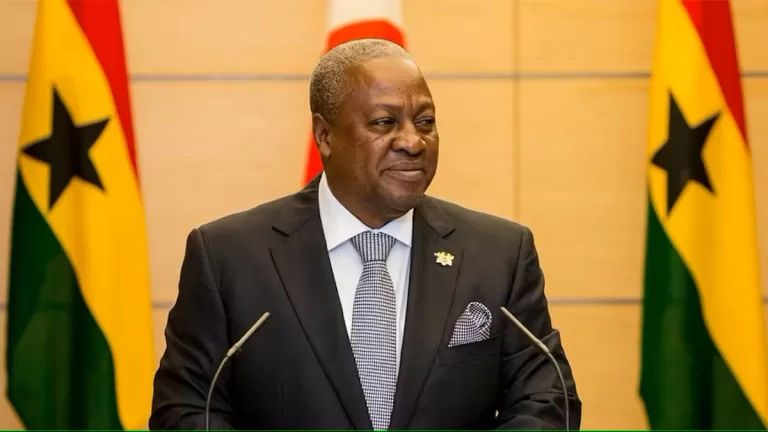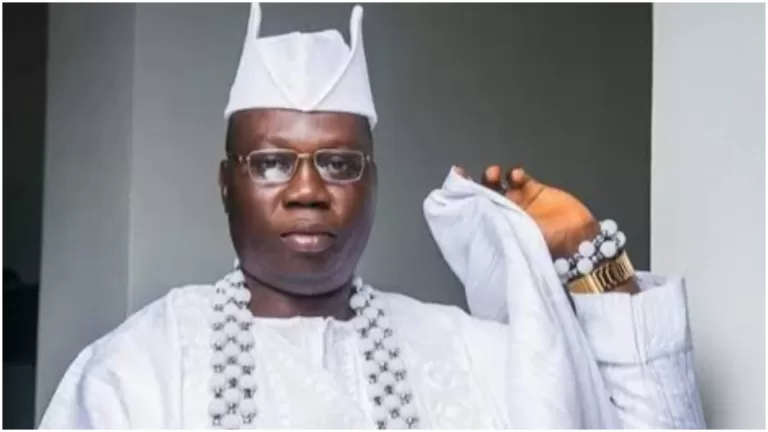
Dr. Olisa Agbakoba (SAN), former president of the Nigerian Bar Association, has proposed a radical overhaul of Nigeria’s political and economic architecture, urging the country to adopt a “disruptive development plan” as the only viable path to transformative growth.
In an interview with ARISE News on Monday, Agbakoba unveiled his new policy report titled Governance and Economic Analysis and Forecast 2025, where he argued that Nigeria must break from conventional development strategies to unlock unprecedented growth—specifically, the capacity to scale its national budget to ₦500 trillion by 2027.
“Proposing a ₦500 trillion national budget may sound absurd,” Agbakoba said. “But I insist it’s possible—if Nigeria abandons business as usual.”
Failed Promises of Traditional Planning
Citing the country’s decades-long reliance on national development plans that have delivered little tangible progress, Agbakoba said the issue lies not in a lack of resources but in governance inefficiencies and outdated political systems.
“We’ve had national development plans for the last 60 or 70 years, and I suggest none have really worked. What I’m suggesting is an entirely disruptive development plan,” he said.
Drawing parallels with bold global moves—from Donald Trump’s aggressive trade policies to China’s strategic decoupling from global markets—Agbakoba believes Nigeria must chart a similarly daring course.
Reforming Governance: Downsizing and Devolution
A key pillar of Agbakoba’s proposal is the radical restructuring of Nigeria’s federal government. He described the central government as “bloated and unproductive,” arguing that the current federal structure stifles innovation and regional economic development.
He called on the Tinubu administration to revive and implement the long-neglected Oronsaye Report, which recommended merging or scrapping hundreds of federal agencies to streamline governance.
“Why do we still have the Office of the Head of Service, the SGF, and the Chief of Staff coexisting? These overlaps are colonial relics,” he said.
He praised the United States’ lean structure of 16 federal departments as a model for Nigeria and emphasized the need for power devolution—both political and fiscal—to states and local governments.
“The federal government must devolve powers so that states and LGs can become economic-bearing entities,” he added.
Economic Overhaul: Strategic Control of Resources
Agbakoba also targeted Nigeria’s oil and gas sector, describing it as a missed opportunity due to the dominance of international oil companies.
“My proposal is to do what Saudi Arabia does—own everything and use only service contracts. That way, 80–90% of oil wealth stays within our borders. Right now, it’s under 10%,” he said.
He pointed to recent successes at the Federal Inland Revenue Service (FIRS), where annual revenue reportedly surged from ₦9 trillion to ₦50 trillion under new leadership.
“People doubted when we projected ₦9 trillion. Now we’re looking at ₦50 trillion and even ₦100 trillion. So why not a ₦500 trillion budget?”
A Disruptive Vision for the Future
Agbakoba acknowledged that his vision may sound overly ambitious but maintained that transformative change has always required bold thinking.
“It’s just about doing things differently. If we don’t break from the past, we’ll never catch up,” he warned.
Nigeria is currently battling serious economic challenges, including rising debt, double-digit inflation, and declining oil revenues. But Agbakoba insists these obstacles are not insurmountable—with the right reforms.





